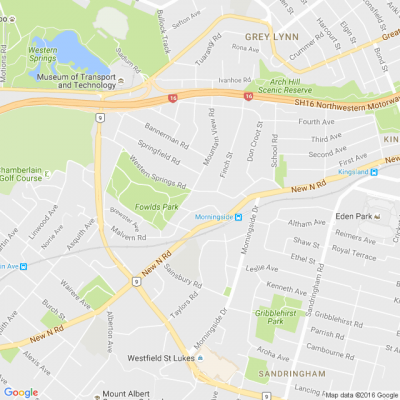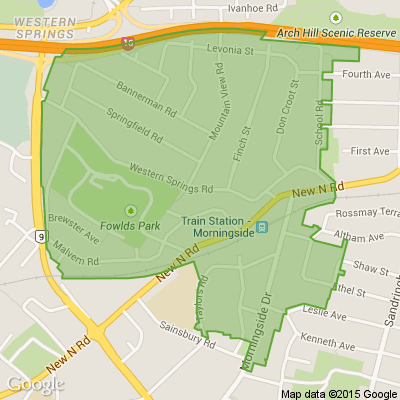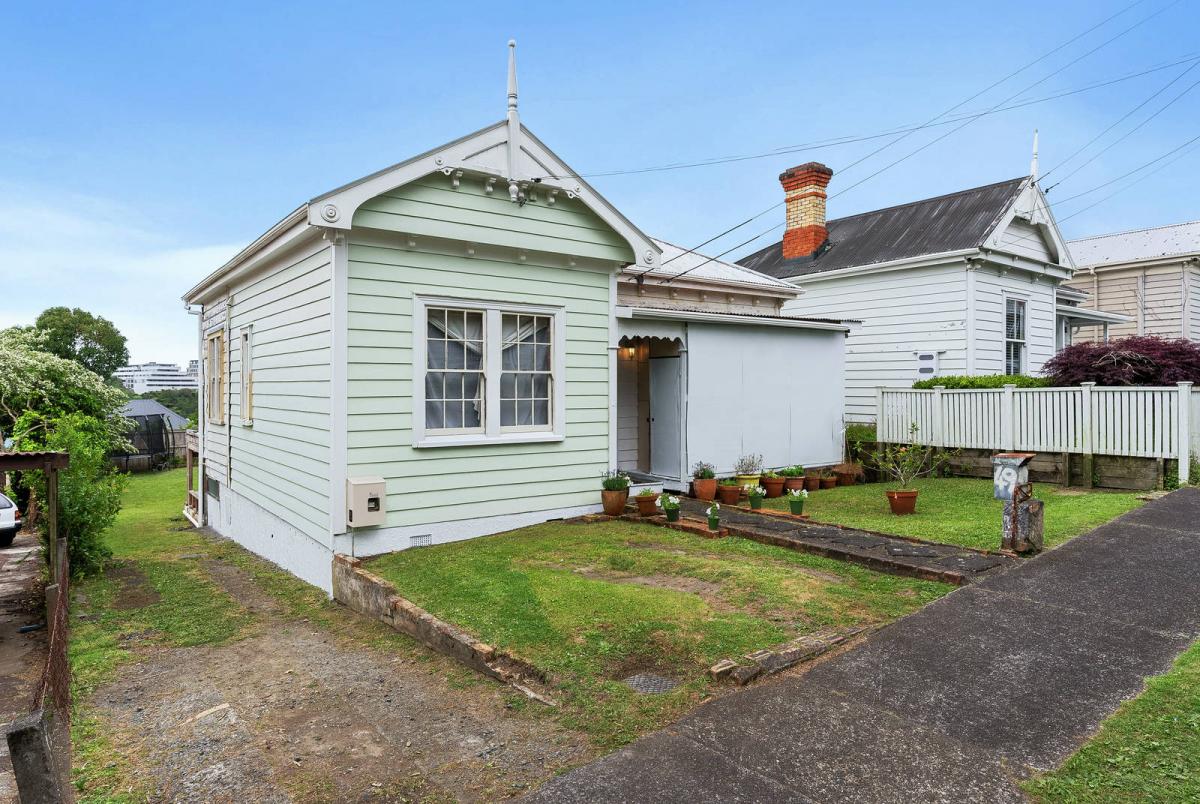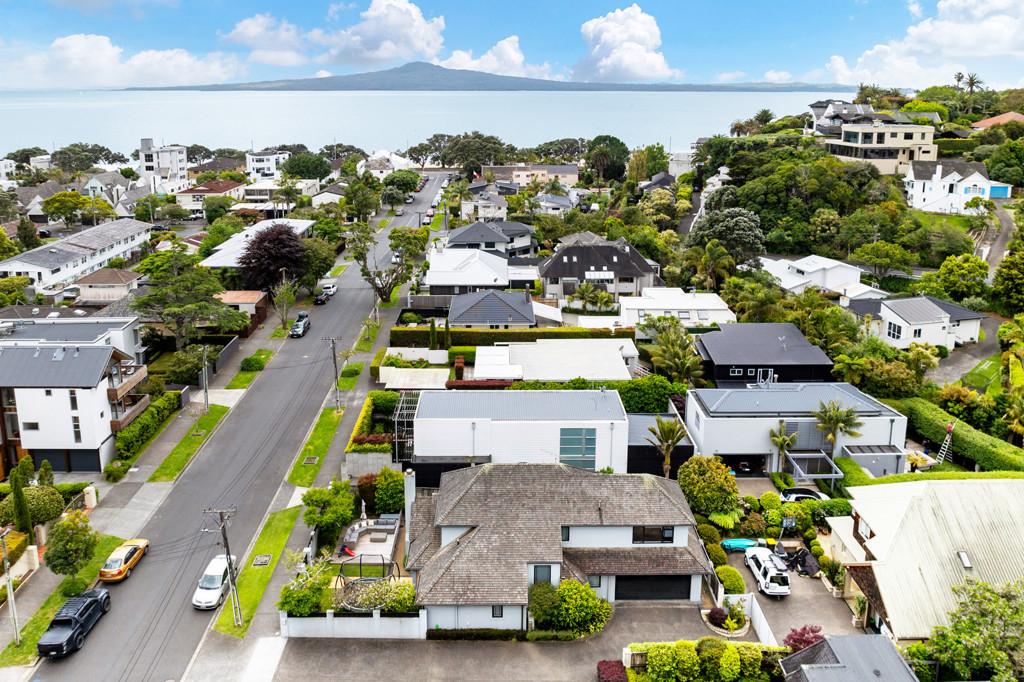Meditation Month - Citywide FREE meditation classes/workshops in March
In response to growing urban problems of stress and declining mental health, Hour of Peace Meetup organisers and Auckland’s Sri Chinmoy Meditation Centre are offering a citywide free program throughout March which will share basic meditation skills with anyone keen to learn.
Meditation Month will introduce the key steps in getting started, and cover a variety of techniques in calming the mind and coping with the often complex challenges of living in today’s world.
Several courses will be presented by visiting guest teachers, including the Brazilian author and meditation practitioner Ashirvad Zaiantchick, a much sought after and experienced instructor whose has travelled the world giving countless free workshops.
Meditation Month is an admission-free initiative simply dedicated to a more peaceful world and to the quest for happiness that we all share.
Introductory ‘learn meditation’ evenings will be offered at community Centres as follows:
Tuesday, March 7: Devonport Library, 2 Victoria Road
Tuesday, March 7: Onehunga Community Centre, Henderson Room
Thursday, March 9: New Lynn Community Centre, Meeting Room 1, 45 Totara Ave
Monday, March 13: Point Chev Community Center, 18 Huia Rd
Tuesday, March 14: Clover Park Community House, 16a Israel Ave
Satuday March 18: Highland Park Community House, 47 Aviemore Drive
Monday, March 20: Green Bay Community House, 1 Barron Drive
Tuesday March 21, Thursday March 23, Friday March 24: Fickling Centre, Mt Eden --Three evenings with the international guest presenter Ashirvad Zaiantchick. Popular Brazilian teacher Ashirvad will share with you his knowledge, his own love of meditation and his decades of personal experience in this structured 3-part course.
Course details can be found on our website: www.meditationauckland.co.nz...
For further inquiries on regional classes, please contact Jogyata: 0221887432

Poll: Should all neighbours have to contribute to improvements?
An Auckland court has ruled a woman doesn’t have to contribute towards the cost of fixing a driveway she shares with 10 neighbours.
When thinking about fences, driveways or tree felling, for example, do you think all neighbours should have to pay if the improvements directly benefit them?

-
82.5% Yes
-
14.7% No
-
2.8% Other - I'll share below
The Influence of the Whānau - Day 9
In a small Māori pā (village) nestled beside a flowing river, a young boy named Rangi lived with his whānau. Rangi was curious and adventurous, always exploring the ngahere (forest) and listening to the stories of his kaumātua (elders). The kaumātua would often remind him, “He waka eke noa”—we are all in this together, and our actions affect the collective.
Rangi's best friend, Manu, was a clever boy but sometimes made poor choices. Manu had recently begun spending time with a group of older boys from another pā who were known for their reckless behavior. They would waste kai (food), leave rubbish in the ngahere, and even disturb the sacred awa (river) by throwing stones at eels.
One day, Manu invited Rangi to join the group, saying, “Come on, Rangi! They’re fun, and they won’t hurt anyone. We’re just having a good time!” Unsure, Rangi agreed, feeling pressure to fit in.
The group’s leader, Matiu, proposed a game: they would sneak into the kaumātua's kumara patch at night and take some for a "feast." Rangi hesitated. He remembered the kaumātua saying how much work went into growing the kumara, with karakia (prayers) and care for the soil. But he stayed silent, feeling outnumbered.
That night, the group raided the garden. As they laughed and ate the stolen kumara by the fire, Rangi felt uneasy. He realized that this was not who he wanted to be. When he saw Manu’s joy in impressing Matiu, Rangi felt torn but remained quiet.
The next morning, the kaumātua discovered the missing kumara and the trampled garden. They called the entire pā together, expressing sadness, not anger. “Our ancestors teach us that the whenua (land) provides for all of us, but only if we treat it with respect,” said one elder. “When we harm the whenua, we harm ourselves.”
Rangi’s heart sank. That evening, he confessed to the kaumātua and his whānau, explaining everything. To his surprise, they did not scold him harshly. Instead, they said, “He tangata tītoki, he tangata rākau—a person is like a tree; they grow straight when supported by others. You must choose companions who uphold the values of your whānau and whenua.”
Rangi decided to distance himself from Manu’s new group and instead spent time with those who respected the land and upheld the teachings of their ancestors. Over time, he encouraged Manu to rejoin him, and together they worked to rebuild the kumara patch, learning from the kaumātua.
---
Moral
This story highlights the importance of right company and like-mindedness. It shows that no one is inherently bad, but the influence of others and the situations we choose can lead us astray. Surrounding ourselves with those who uphold values like respect, care, and collective well-being ensures a life of balance and harmony.
Ka mua, ka muri — by learning from the past, we can walk into the future.
Poll: When should the tree go up? 🎄
From what we've heard, some Christmas trees are already being assembled and decorated.
What are your thoughts on the best time to get your Christmas tree up?

-
4.8% Second half of November
-
43.7% 1st December
-
17.6% A week before Christmas
-
32.8% Whenever you wish
-
1.1% Other - I'll share below







 Loading…
Loading…











